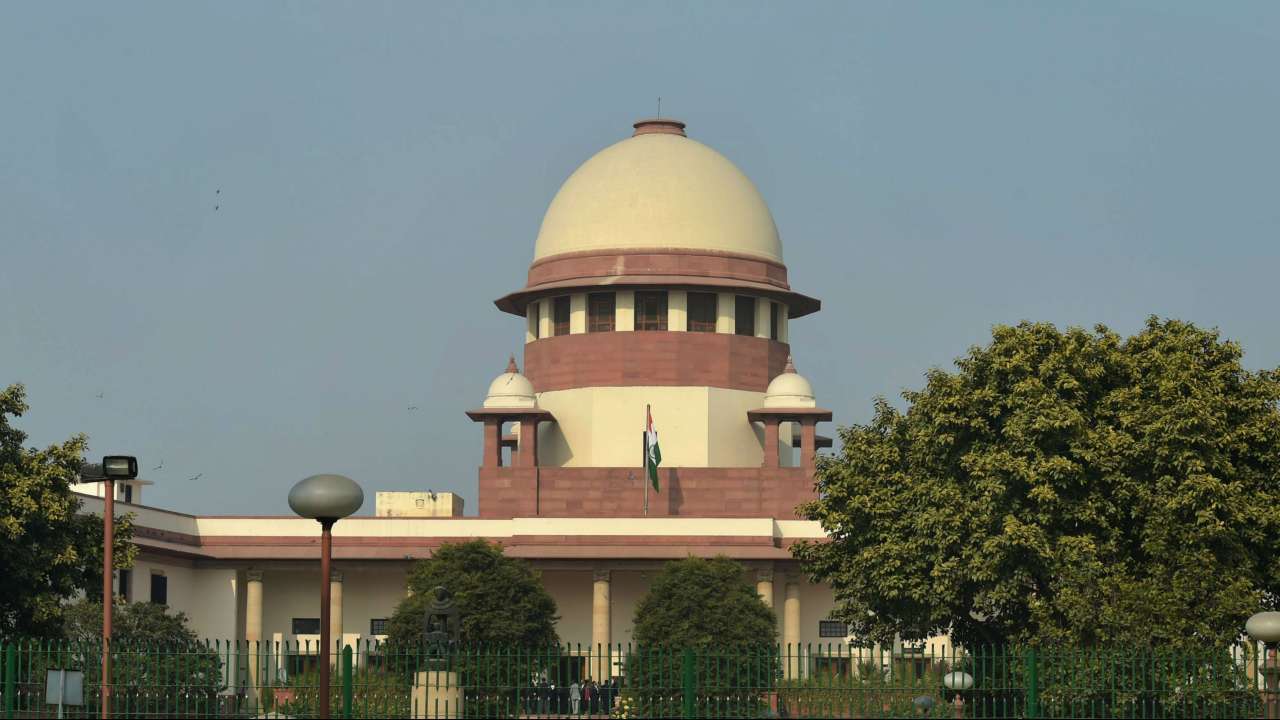
Almost 10 months after a five-judge Constitution bench of the Supreme Court unanimously decriminalised homosexuality, the Chief Justice of India and four senior-most judges of the apex court are cautiously debating among themselves whether to appoint a gay lawyer as the Delhi High Court judge.
According to an Economic Times report, the SC collegium which comprises CJI Ranjan Gogoi and four senior-most judges of the top court has deferred its decision on the proposed judgeship of the well-known lawyer thrice in the past 10 months. The collegium has asked the government for additional information about the lawyer who has been living with his partner for several years.
The nationality of the lawyer's partner, who is not an Indian citizen, finds mention in the Intelligence Bureau report prepared after the government received the Delhi HC’s proposal elevating him as a justice of the court.
While the IB report flagged the fact that the well-known lawyer’s partner is a foreign national and could pose a ‘security risk’, it also described his professional credentials as impeccable, saying that his integrity was beyond doubt, the ET reported.
The SC collegium first considered this particular case on September 4, 2018 and again took up the case for discussion on January 16 and April 1 this year. In the last meeting, the SC collegium deferred the proposal without citing any reason.
The collegium has since sought additional information from the government on the security threat mentioned in the IB report. The government, however, believes that the present report is comprehensive enough and it may not have additional information on the lawyer's relationship and any "security threat" due to the foreign nationality of his partner.
Speaking to the daily, Justice Madan Lokur, who retired as SC judge in December last year, said the case presents an opportunity to the collegium to "take a progressive decision in favour of a meritorious and worthy candidate without being influenced by extraneous considerations.”
A five-judge Constitution bench of the apex court, headed by the then Chief Justice Dipak Misra, on September 6, 2018 unanimously decriminalised part of the 158-year-old colonial law under Section 377 of the IPC which criminalised "consensual unnatural sex."
The bench which also comprised Justices RF Nariman, AM Khanwilkar, DY Chandrachud and Indu Malhotra, termed the law as "irrational, indefensible and manifestly arbitrary." The bench struck down Section 377 as being violative of right to equality.